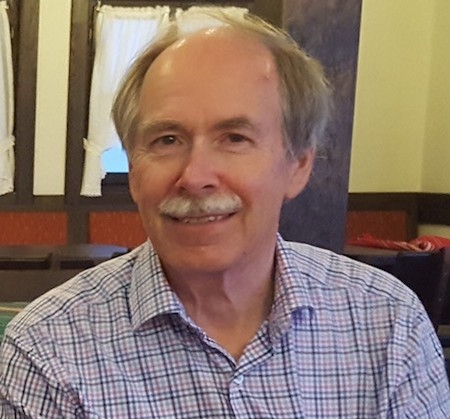Gerard ’t Hooft on the future of quantum mechanics

11 Jul 2017
The Nobel laureate discusses his dissatisfaction with the state of quantum physics and suggests a new way to move forward.
Melinda Baldwin
The laws of quantum mechanics seem to tell us that there is a fundamental random component to the universe. But Gerard ’t Hooft, who received the Nobel Prize in 1999 for his work on gauge theories in particle physics, is not convinced that physicists have to abandon determinism.
In his new book, The Cellular Automaton Interpretation of Quantum Mechanics (Springer, 2016), ’t Hooft suggests that we may simply be lacking the data that would turn quantum probability distributions into specific predictions. Reviewer Stefano Forte praises it as a “beautifully written, entertaining, and provocative book” that “will dwarf all other contributions ’t Hooft has given to science” if correct. The book is also open access, available as a free e-book on Springer’s website.
See full text
NOTE: You can freely download his book